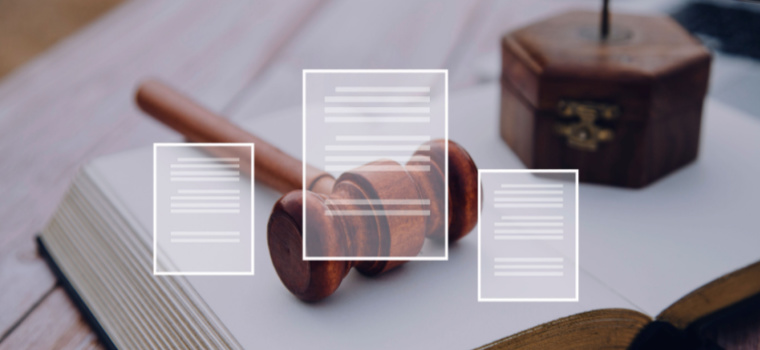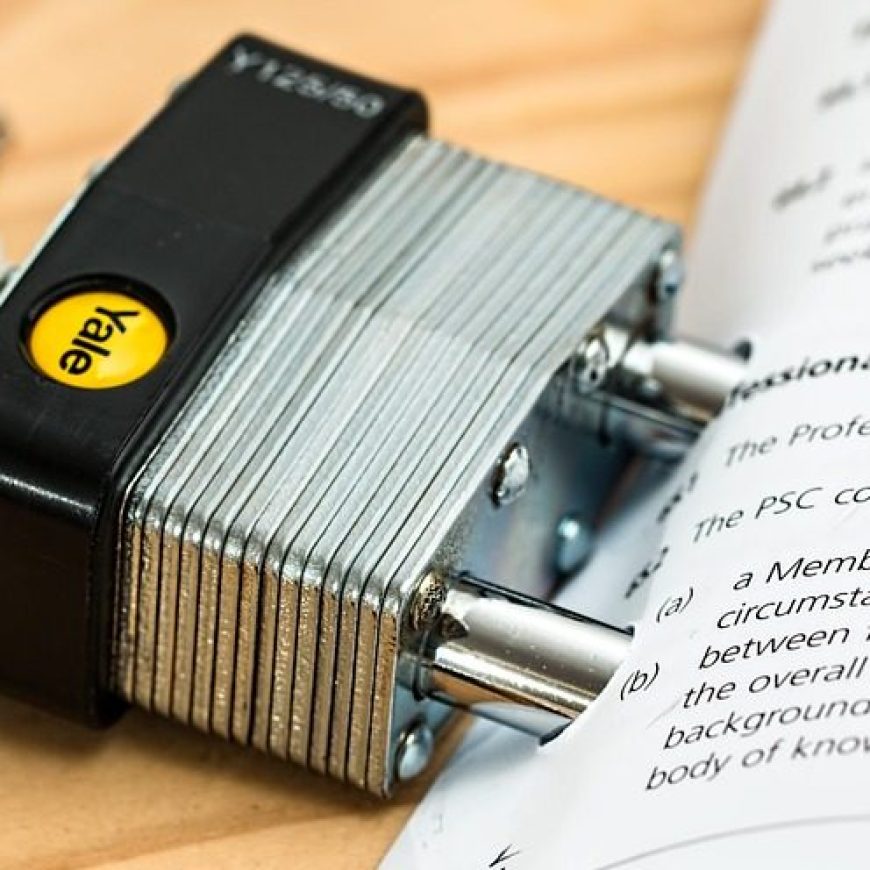How long after a conviction can you appeal? The length of time to appeal a conviction depends on the type of crime, the severity of the sentence, and the state in which you live. In this article, we’ll discuss all of these factors and more.
Understanding the Federal Court Appeal Timeline
For anyone convicted of a crime, the road ahead may seem long and hopeless, with many years separated from friends, family, and freedom. However, you should never give up, as there are procedures for appealing your conviction, and a skilled attorney can help you exhaust all of your options and perhaps even have the chance to taste freedom once again.
An attorney can help make the case that mistakes or errors were made during the criminal process in lower courts and that those mistakes denied you a fair trial. If the court finds that a mistake affected your case, your conviction could be reversed and your case sent back down to the lower courts, where prosecutors may appeal, request a new trial, offer a plea deal, or drop the charges altogether.
How long do you have to appeal a conviction, and when can a case be appealed? Important to note that the clock begins to run on the day the court’s judgment is issued, and you only have a limited amount of time to file your appeal. In federal courts, governed by Federal Rule of Appellate Procedure 4 (b), a criminal defendant’s notice of appeal must be filed in the district court within 14 days of either the entry of the judgment or order or the filing of the government’s notice of an appeal, whichever date is farther out. The government has 30 days to file its appeal.
Appellate Procedure F.A.Q.s
How Long Does a Court Appeal Take?
There is no set timeframe for how long it may take an appellate court to hear an appeal and render a decision. However, experience dictates that the timeframe is usually between several months to two years. There are several reasons for this uncertain and potentially lengthy timeframe, and this has to do with another frequently asked question, how does an appeal work?
There is a high volume of cases before the federal courts on appeal. Additionally, the more complex of these cases have complicated briefs from both parties, and sometimes, even from third parties writing as friends of the court to share a perspective on the societal impact of deciding the matter one way or the other. The court may also wish to hear oral arguments on the briefs, asking questions directly of the attorney or pro se litigant filers.
Read now: 5 Characteristics of the Best Appellate Attorneys
Can You Appeal a Conviction Years Later?
A common question is how long after a conviction can you appeal. Generally, when a case is 14 days from the entry of the judgment or order or the filing of the government’s notice of an appeal, under Federal Rule of Appellate Procedure 4 (b).
Can You File a Motion for an Extension of Time to Appeal?
A motion for an extension of time to appeal a criminal conviction, in an amount of up to 30 days, may be granted upon a finding of excusable neglect or good cause under Federal Rule of Appellate Procedure 4 (b).
Does Your Time to Appeal Include Weekends and Holidays?
The time period includes weekends and court holidays, which means the clock can run down more quickly, except in cases where the last day of the period falls on a weekend or holiday, in which case the extra amount of days needed to reach the next regular court day is added to the period.
Finding the Right Federal Appeals Attorney Near You
At the Law Offices of Seth Kretzer, our litigation attorneys are well-versed in appellate procedures. Our attorneys fully understand how the process works and want to do everything in their power to help you.
Contact our team today for more information.




